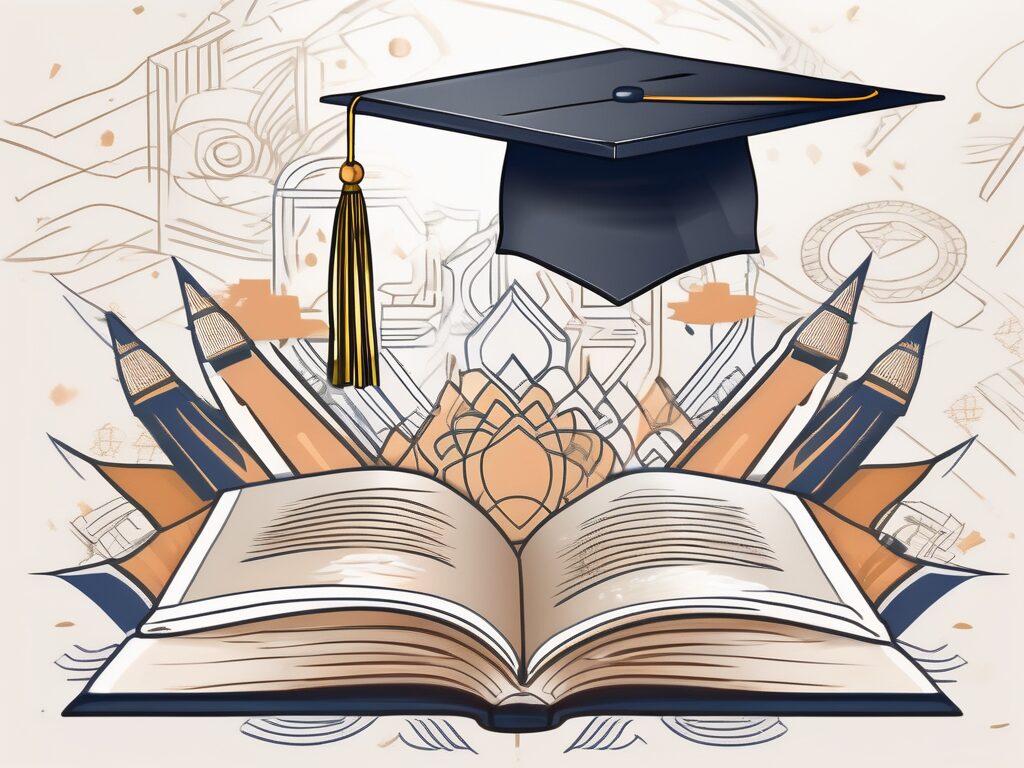The role of parents in a child’s education is crucial, regardless of the geographical location or cultural context. In Thailand, this role is amplified due to the unique cultural and educational landscape. For parents with a Master’s in Education, their involvement can be even more impactful. This article offers five tips to help such parents navigate the Thai education system and contribute positively to their child’s academic journey.
Understanding the Thai Education System
The Thai education system is a blend of traditional Buddhist teachings and modern educational practices. It is divided into three levels: primary, secondary, and tertiary. The primary and secondary levels are compulsory and free, while tertiary education is optional and often requires tuition fees. Understanding this structure is the first step for parents to effectively engage in their child’s education.
Moreover, the Thai education system places a strong emphasis on respect for authority and rote learning. This is a stark contrast to Western education systems, which often encourage critical thinking and independent learning. Parents with a Master’s in Education, who are likely familiar with various educational philosophies, can help their children navigate these differences and adapt to the Thai system.
Respecting Cultural Norms
Thailand is a country rich in culture and tradition, and these elements are deeply ingrained in its education system. Parents must understand and respect these cultural norms to effectively engage with the system. For instance, the Thai culture places a high value on respect for elders and authority figures, which is reflected in the classroom environment. Teachers are highly respected, and their word is often final.
Moreover, Thai culture is community-oriented, and this is reflected in the education system. Group work is highly encouraged, and individual achievements are often viewed in the context of their contribution to the group. Parents can support their children by fostering a sense of community and encouraging teamwork.
Engaging with Teachers and School Administrators
Engaging with teachers and school administrators is a crucial aspect of parental involvement in education. This is especially true in Thailand, where teachers are highly respected and their opinions carry significant weight. Parents with a Master’s in Education can leverage their educational background to build strong relationships with teachers and administrators, and to advocate for their children’s needs.
However, it’s important to approach these interactions with respect and humility, in line with Thai cultural norms. Being overly assertive or confrontational can be counterproductive. Instead, parents should aim for open and respectful communication, seeking to understand the teacher’s perspective and working collaboratively to support the child’s education.
Supporting Learning at Home
Supporting learning at home is another crucial aspect of parental involvement. This can be particularly impactful for parents with a Master’s in Education, as they have a deep understanding of learning theories and strategies. They can create a conducive learning environment at home, provide academic support, and help their children develop effective study habits.
However, it’s important to strike a balance between supporting learning and allowing children to develop independence. Overly intrusive or controlling parental involvement can be detrimental to children’s academic motivation and self-efficacy. Parents should aim to be supportive and encouraging, while also giving children the space to learn and grow independently.
Encouraging Extracurricular Activities
Finally, encouraging participation in extracurricular activities is an effective way for parents to support their children’s education. In Thailand, extracurricular activities are highly valued and often form an integral part of the school curriculum. They provide opportunities for children to develop a range of skills, such as teamwork, leadership, and problem-solving, which are not always taught in the classroom.
Parents can support their children’s participation in extracurricular activities by showing interest, providing logistical support, and celebrating their achievements. However, it’s important to ensure that these activities do not become a source of excessive pressure or stress for the child. The goal should be to foster a love of learning and personal growth, rather than just achieving external success.
In conclusion, parental involvement in Thailand education can be a complex and challenging journey, especially for parents with a Master’s in Education. However, by understanding the Thai education system and cultural norms, engaging with teachers and administrators, supporting learning at home, and encouraging extracurricular activities, parents can make a significant positive impact on their children’s academic journey.
Elevate Your Teaching Career with iQTS
As a parent with a Master’s in Education, you recognize the value of continuous professional development. The IQTS at UWE offers the International Qualified Teacher Status (iQTS) programme, designed to enhance your teaching skills and career prospects. By joining this prestigious programme, you can overcome the barriers of strict qualification requirements, achieve significant career progression, connect with a global network of professionals, and gain a comprehensive understanding of international curricula. Embrace the opportunity to balance your professional development with your current commitments through our flexible online study options. Make Your Next Step and join a community that supports your growth as an educator and a parent in the Thai education landscape.

